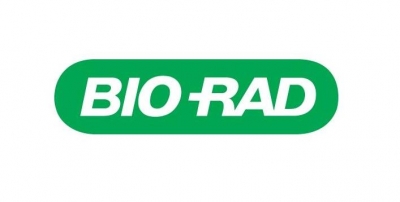Monitoring Cancer by Liquid Biopsy
Personalized cancer care increasingly depends on detecting and monitoring mutations with extreme sensitivity and precision. Digital platforms like NGS and ddPCR are being used to identify cancer subtypes, optimize drug treatment plans, monitor residual disease, and study tumour evolution.
Droplet Digital PCR permits absolute counting of target molecules, which enables precise measurement of sample input and mutational loads without amplification bias. These advantages are critical when patient samples are limiting, degradation is high, and PCR inhibitors are common such as in FFPE samples and cell free DNA (cfDNA).
I will summarize work covering the tracking of cell-free tumour DNA during patient progression of disease and treatment monitoring, early detection of tumour cfDNA in blood, detection of copy number amplifications of common genes like MYC, HER2, and EGFR, as well as the detection of KRAS mutations using a multiplex screening strategy.
Presented by

Dawne N Shelton,
Senior Applications Scientist
Dawne Shelton received her BS in Biochemistry and Molecular Biology from the University of California, Santa Cruz. After 5 years working in biotech industry at Geron Corporation, she pursued a PhD in Oncological Sciences from the University of Utah, Huntsman Cancer Institute investigating different aspects of the Wnt pathway in colon cancer.
Dr. Shelton then went on to study the origins of the different subtypes of breast cancer by creating mouse models within the context of each cellular lineage. She moved to the University of Iowa and examined uterine cancer in a clinical cancer research lab.
She is now a Senior Scientist at the Digital Biology Center focusing on developing applications and collaborations for ddPCR in the Cancer field.




